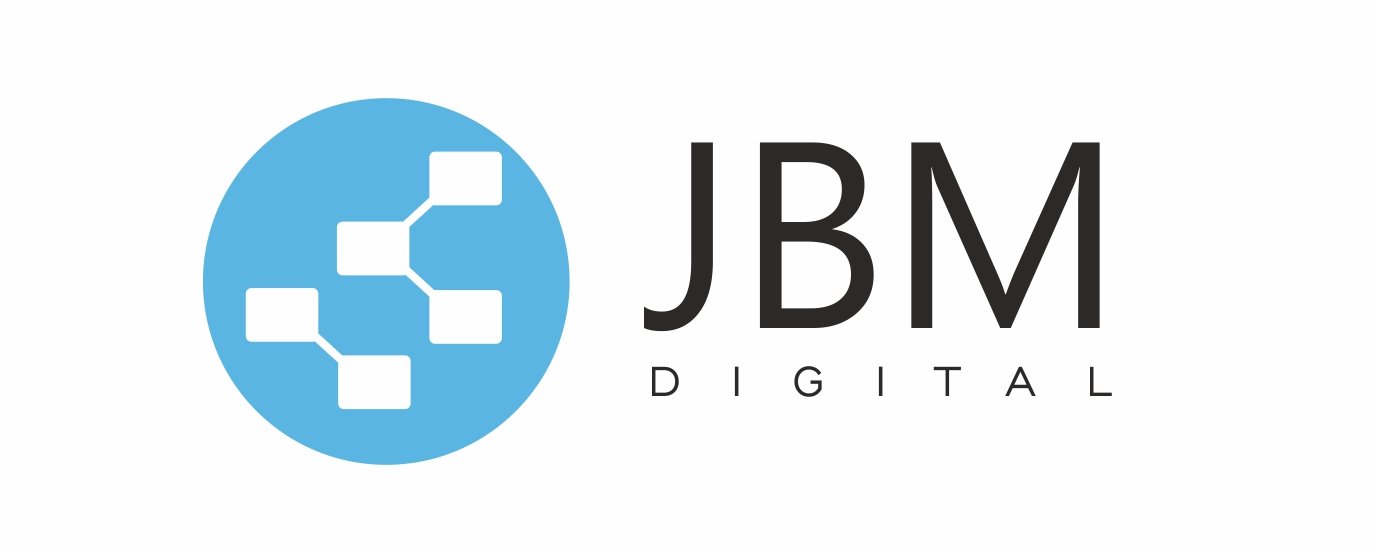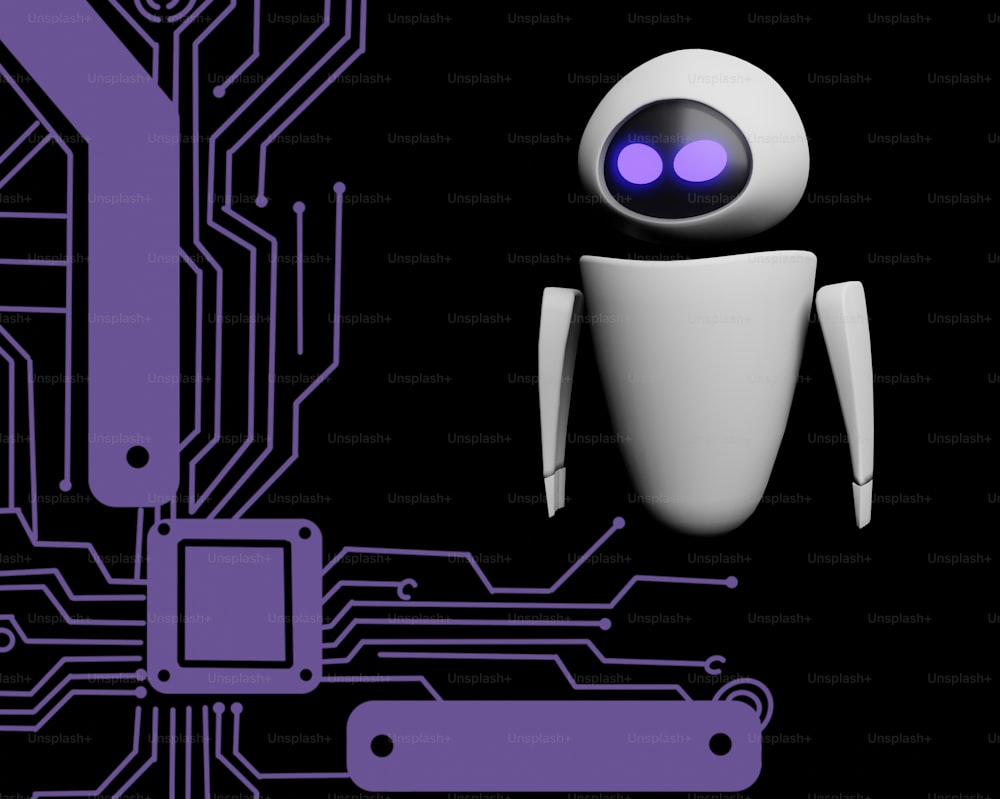The Power of Cognitive Computing: Revolutionising Business Automation
Image Source: Unsplash
Introduction to Cognitive Computing
Cognitive computing is a rapidly evolving field that combines artificial intelligence, machine learning, and natural language processing to create intelligent systems capable of mimicking human mental functions. These systems are designed to understand, reason, and learn from data, enabling them to tackle complex problems and make informed decisions. As businesses strive to streamline operations and enhance efficiency, integrating cognitive computing into business automation has become a game-changer.
Understanding the Concept of Business Automation
Business automation refers to using technology to automate repetitive, rule-based organizational tasks and processes. This can include various activities, from data entry and document processing to customer service and inventory management.

Image Source: Pexels
By automating these tasks, businesses can reduce the risk of human error, improve productivity, and free up employees to focus on more strategic and creative work.
The Role of Cognitive Computing in Business Automation
Cognitive computing plays a crucial role in business automation by enabling systems to learn, adapt, and make decisions based on data and contextual information. Unlike traditional automation, which relies on predefined rules and scripts, cognitive computing systems can identify patterns, draw insights, and make recommendations based on their understanding of the business environment.

Image Source: Pexels
This allows for more flexible and intelligent automation, which can adapt to changing circumstances and handle more complex tasks.
Benefits of Cognitive Computing in Business Automation
-
Improved Efficiency: Cognitive computing-powered automation can streamline business processes, reduce manual effort, and increase productivity, allowing organizations to operate more efficiently.
-
Enhanced Decision-Making: Cognitive systems can analyze large volumes of data, identify trends and patterns, and provide valuable insights to support informed decision-making.
-
Personalized Customer Experiences: Cognitive computing can enable more personalized and responsive customer interactions, improving customer satisfaction and loyalty.
-
Reduced Errors and Risks: Automated systems powered by cognitive computing are less prone to human errors, which can help mitigate risks and ensure compliance with regulations.
-
Scalability and Adaptability: Cognitive computing systems can scale to handle increasing volumes of data and adapt to changing business requirements, making them a future-proof solution for business automation.
Real-life Examples of Cognitive Computing in Business Automation
-
Automated Customer Service: Chatbots and virtual assistants powered by cognitive computing can handle customer inquiries, provide product information, and even resolve simple issues, improving response times and reducing the burden on human customer service representatives.
 Image Source: Pexels
Image Source: Pexels -
Intelligent Document Processing: Cognitive computing can automate the extraction, classification, and processing of structured and unstructured data from various documents, such as invoices, contracts, and reports, improving efficiency and accuracy.
-
Predictive Maintenance: By analyzing sensor data and historical maintenance records, cognitive computing systems can predict when equipment will likely fail, enabling proactive maintenance and reducing costly downtime.
-
Automated Financial Reporting: Cognitive computing can streamline the preparation of financial reports by automating data collection, analysis, and report generation, ensuring accuracy and timeliness.
 `Image Source: Pexels
`Image Source: Pexels -
Intelligent Supply Chain Management: Cognitive computing can optimize supply chain operations by analyzing demand patterns, inventory levels, and logistics data to make informed decisions about inventory management, transportation, and distribution.
Challenges and Limitations of Cognitive Computing in Business Automation
-
Data Quality and Availability: The effectiveness of cognitive computing systems is heavily dependent on the quality and availability of the data they are trained on. Ensuring data accuracy and completeness is crucial for reliable automation.
 Image Source: Pexels
Image Source: Pexels -
Transparency and Explainability: The complex algorithms used in cognitive computing can make it challenging to understand and explain the decision-making process, which can be a concern for businesses, especially in regulated industries.
-
Integration with Existing Systems: Seamlessly integrating cognitive computing systems with a company’s existing IT infrastructure and business processes can be a significant challenge, requiring careful planning and implementation.
-
Talent Acquisition and Retention: The demand for professionals with expertise in cognitive computing and business automation is high, making it challenging for organizations to attract and retain the necessary talent.
-
Ethical Considerations: As cognitive computing systems become more advanced, there are growing concerns about issues such as data privacy, algorithmic bias, and the impact on employment, which need to be addressed.
Implementing Cognitive Computing in Your Business Automation Strategy
To successfully integrate cognitive computing into your business automation strategy, consider the following steps:
-
Assess Your Business Needs: Carefully evaluate your current business processes and identify areas where cognitive computing-powered automation can deliver the most significant benefits.
-
Develop a Comprehensive Strategy: Create a well-defined strategy that aligns your cognitive computing initiatives with your overall business objectives and ensures seamless integration with your existing systems.
-
Invest in Data Management: Ensure that your data is of high quality, well-organized, and readily available to feed into your cognitive computing systems.
-
Foster a Culture of Innovation: Encourage a mindset of continuous learning and experimentation within your organization to fully leverage the potential of cognitive computing.
-
Partner with Experts: Consider collaborating with experienced service providers, such as JBM Digital, who can guide you through the implementation and integration of cognitive computing solutions.
Hire JBM Digital to automate your business and unlock the power of cognitive computing. Our team of experts can help you develop a comprehensive strategy, implement cutting-edge solutions, and ensure seamless integration with your existing systems. Contact us today to learn more.
The Future of Cognitive Computing in Business Automation
As cognitive computing technologies continue to evolve, the future of business automation looks increasingly promising. Advancements in areas such as natural language processing, computer vision, and deep learning are expected to further enhance the capabilities of cognitive systems, enabling them to handle more complex tasks and adapt to changing business environments.
Moreover, the integration of cognitive computing with emerging technologies like the Internet of Things (IoT), edge computing, and quantum computing is likely to unlock new possibilities for business automation. This convergence of technologies will enable real-time, intelligent decision-making at the edge, improved data processing, and enhanced predictive capabilities, ultimately driving greater efficiency, agility, and innovation within organizations.
Training and Education in Cognitive Computing for Business Automation
To stay ahead of the curve, businesses must invest in training and education programs that equip their employees with the necessary skills and knowledge to leverage cognitive computing in business automation. This can include:
-
Upskilling Existing Employees: Providing training and workshops to help current employees understand the fundamentals of cognitive computing and how it can be applied to their respective roles and responsibilities.
-
Recruiting Talent with Relevant Expertise: Actively seeking out professionals with backgrounds in data science, machine learning, and business process automation to strengthen your cognitive computing capabilities.
 I mage Source: Pexels
I mage Source: Pexels -
Collaborating with Academic Institutions: Partnering with universities and research centres to develop tailored educational programs and research initiatives focused on the intersection of cognitive computing and business automation.
-
Continuous Learning and Development: Encouraging a culture of lifelong learning and providing ongoing training opportunities to keep your team up-to-date with the latest advancements in cognitive computing and business automation.
Conclusion
The integration of cognitive computing into business automation is a transformative force that is redefining the way organizations operate. By harnessing the power of intelligent systems to streamline processes, enhance decision-making, and deliver personalized customer experiences, businesses can unlock unprecedented levels of efficiency, agility, and innovation.
As the landscape of cognitive computing continues to evolve, it is crucial for organizations to stay ahead of the curve by developing a comprehensive strategy, investing in data management, and fostering a culture of innovation. By partnering with experienced service providers like JBM Digital, businesses can navigate the complexities of cognitive computing and implement tailored solutions that drive sustainable growth and success.



 Image Source:
Image Source:  `Image Source:
`Image Source:  Image Source:
Image Source:  I mage Source:
I mage Source:
Recent Comments